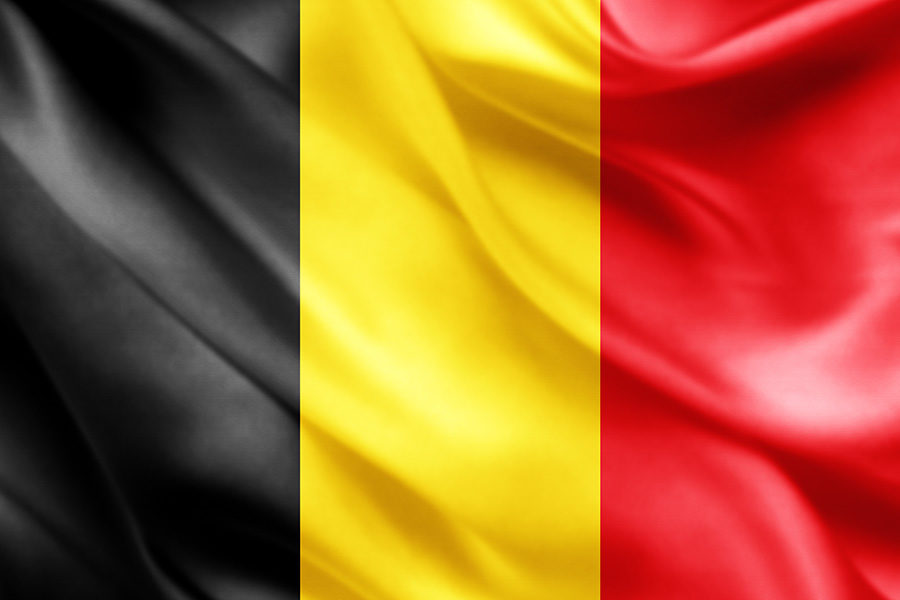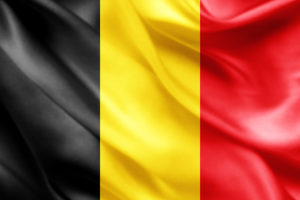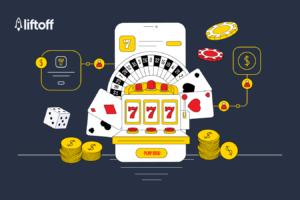Belgian Council of State validates regulator’s stance on deposit limits

The Council of State has upheld the Belgian Gambling Commission’s interpretation of rules.
Belgium.- The Council of State has upheld the Belgian Gambling Commission’s interpretation of rules on deposit limits and other matters. The country’s supreme administrative court reviewed 11 rules introduced by royal decree in 2019. They included a deposit limit of €500 a week, a ban on bonuses, a ban on credit card use and minimum self-exclusion times.
Regarding the deposit limit, the royal decree states that it should apply across all operators that a customer gambles with and that a player may request permission from the regulator for the limit to be raised. However, the regulator currently applies the limit to individual operators only and players cannot raise it.
This is because the regulator says that to approve increases it needs to be able to check a player’s financial history, but the National Bank hasn’t decided yet whether such checks can be permitted. The Council of State ruled that the regulator’s approach was correct and that it cannot raise players’ deposit limit without being able to check their financial history.
“An increase in the playing limit can therefore only take place after it has effectively been established that the player is not registered as a defaulter,” the court decided.
The issue with bonuses arises because the royal decree introduced a ban but did not define bonuses. As a result, the Belgian Gambling Commission has opted for an open interpretation, taking it to cover everything from free spins to reduced risk and enhanced odds. Again the court agreed with the regulator, noting that the royal decree itself said the term should be “interpreted broadly”.
The court also agreed with the regulator’s decision to apply the royal decree’s ban on credit card use to electronic payment methods that can make use of a credit card. This has been an issue in other countries with credit card bands, such as the UK, where the British Gambling Commission made a similar decision.
As for advertising, the court agreed with the commission’s decision to put the burden of proof on broadcasters to defend “necessary advertising” (when it’s impossible to broadcast an event without a betting ad appearing, because of side-of-pitch advertising, for example).
The court did rule against the regulator on some of the rules, however. It said that the Gambling Commission does not have the authority to decide the minimum period for self-exclusion. The decree itself does not define a minimum period, but the regulator had decided it should be six months. It also ruled that the commission’s guidance on safer gambling notifications and pop-ups could not be a requirement for operators, but only a recommendation.
Belgian lottery refutes allegations that it bought ban on gambling ads
The Belgian National Lottery has responded to allegations that it effectively bought Belgium’s proposed ban on gambling ads, which is due to come into effect later this year. Belgian minister for justice Vincent Van Quickenborn announced a royal decree banning gambling advertising with the only exception being the Belgian National Lottery. Sports teams will have until the end of 2024 to drop gambling marketing deals.
The Belgian Association of Gaming Operators (BAGO) has heavily criticised the decree, and media reports claim that the lottery, which accounts for 40 per cent of gambling advertising in Belgium, offered to pay the government an extra €30m in fees over three years in exchange for an advertising ban to limit competition against its products.











